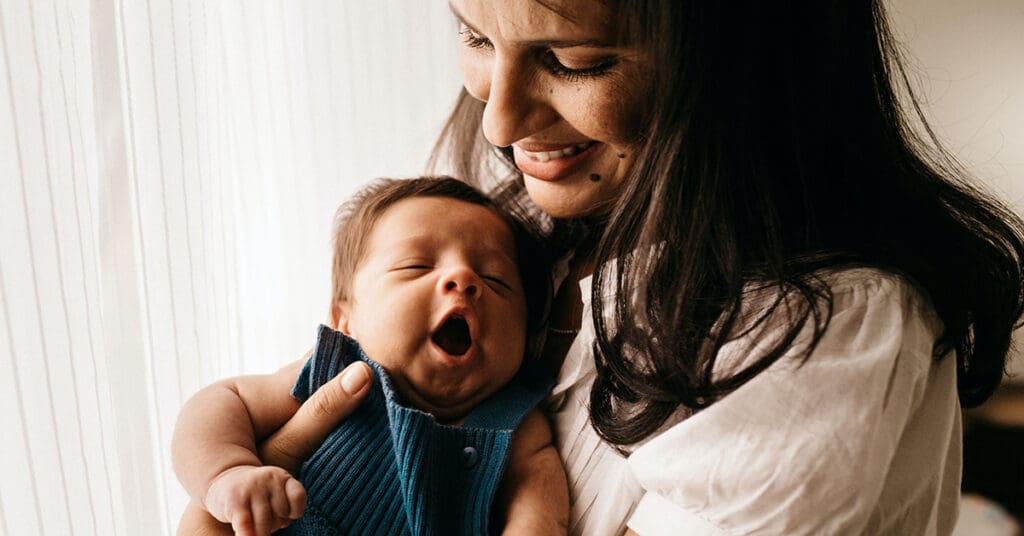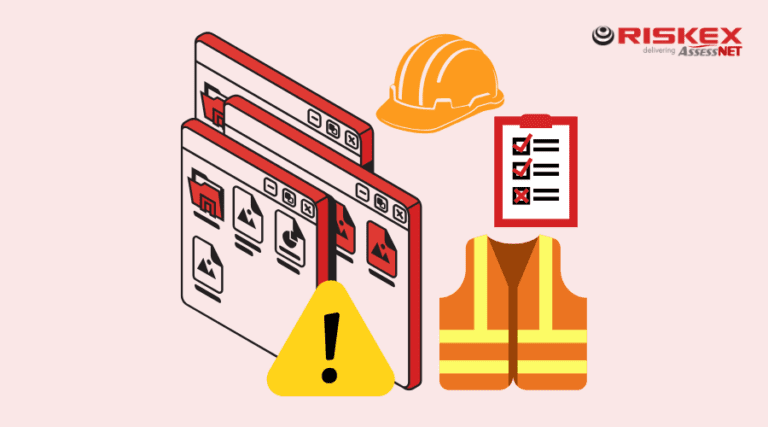The HSE update guidance for how employers should protect pregnant workers and new mothers
The updated guidelines now make it clear that not only should employers assess the risks of women of childbearing age as part of their general risk assessment, but that they also have a legal responsibility to carry out individual risk assessments for pregnant workers, breastfeeding workers, or those who have given birth in the last 6 months. Employers must, by law, assess the risks to women of childbearing age as part of their general workplace risk assessment.
When employers have been informed in writing about a pregnancy, they must complete an individual risk assessment for the employee:
- Review the existing general risk management and controls for pregnant workers and new mothers
- Talk to them to see if there are any conditions or circumstances with their pregnancy that could affect their work
- Discuss any concerns they have about how their work could affect their pregnancy
- Consult with their safety representative or trade union if they have one
- Take account of any medical recommendations provided by their doctor or midwife
Employers must regularly review the worker’s individual risk assessment and make any necessary adjustments:
- As the pregnancy progresses
- If there are any significant changes to your workers’ activity or workplace
Working conditions could present a risk to mother and/or child at different stages. As the pregnancy progresses, it may affect the worker’s:
- Dexterity
- Agility
- Coordination
- Speed of movement
- Reach
If an employer identifies a risk that could cause harm to the worker or their child, they must firstly decide if they can control it. If they cannot control or remove the risk, they must do the following:
- Adjust the working conditions or hours to avoid the risk
- Give them suitable alternative work
If the employer cannot put the necessary control measures in place, they must suspend the worker on full pay. It is unlawful to dismiss, discriminate against or harass a worker because they are pregnant or a new mother.
View the full HSE guidance here






